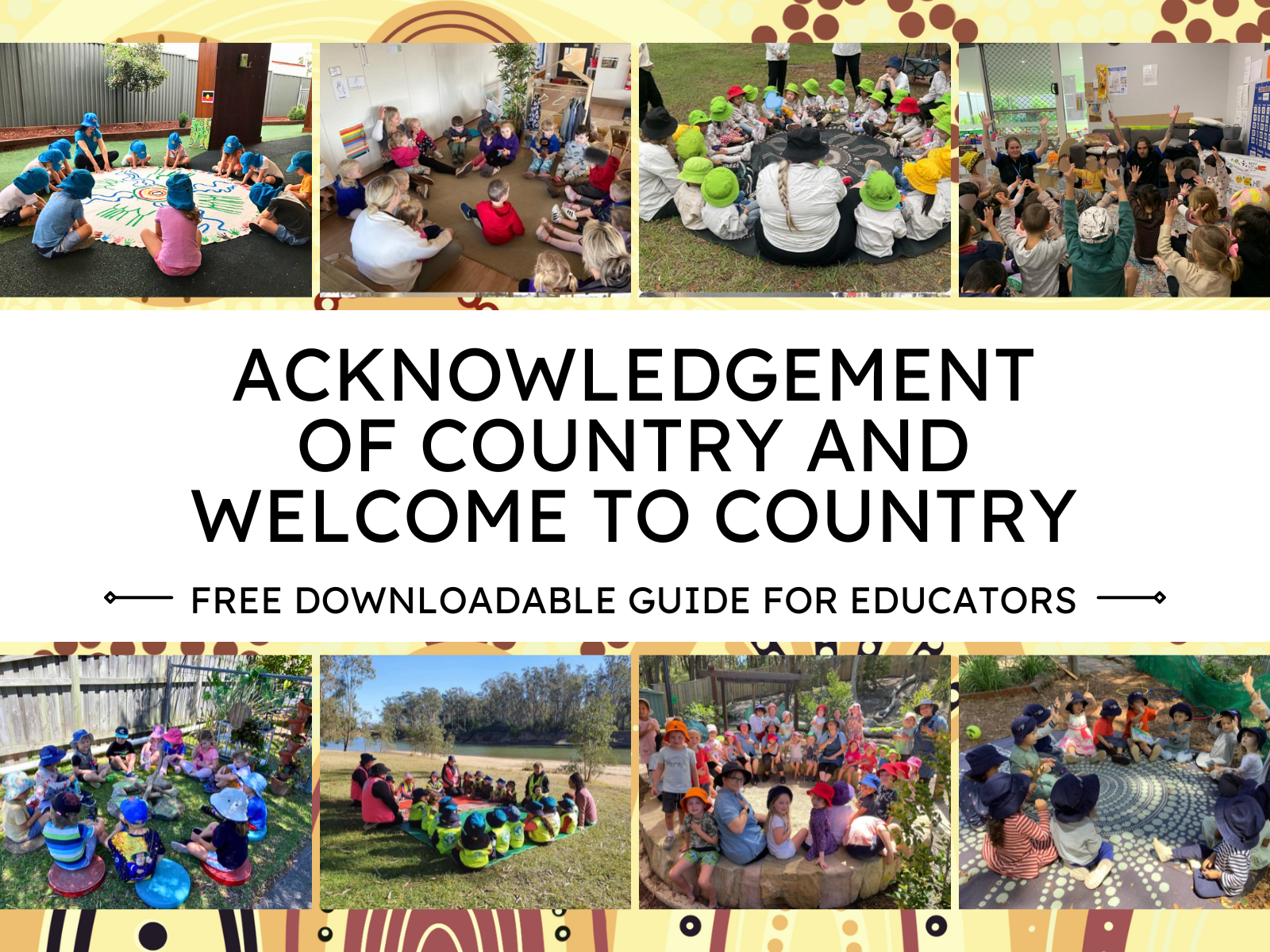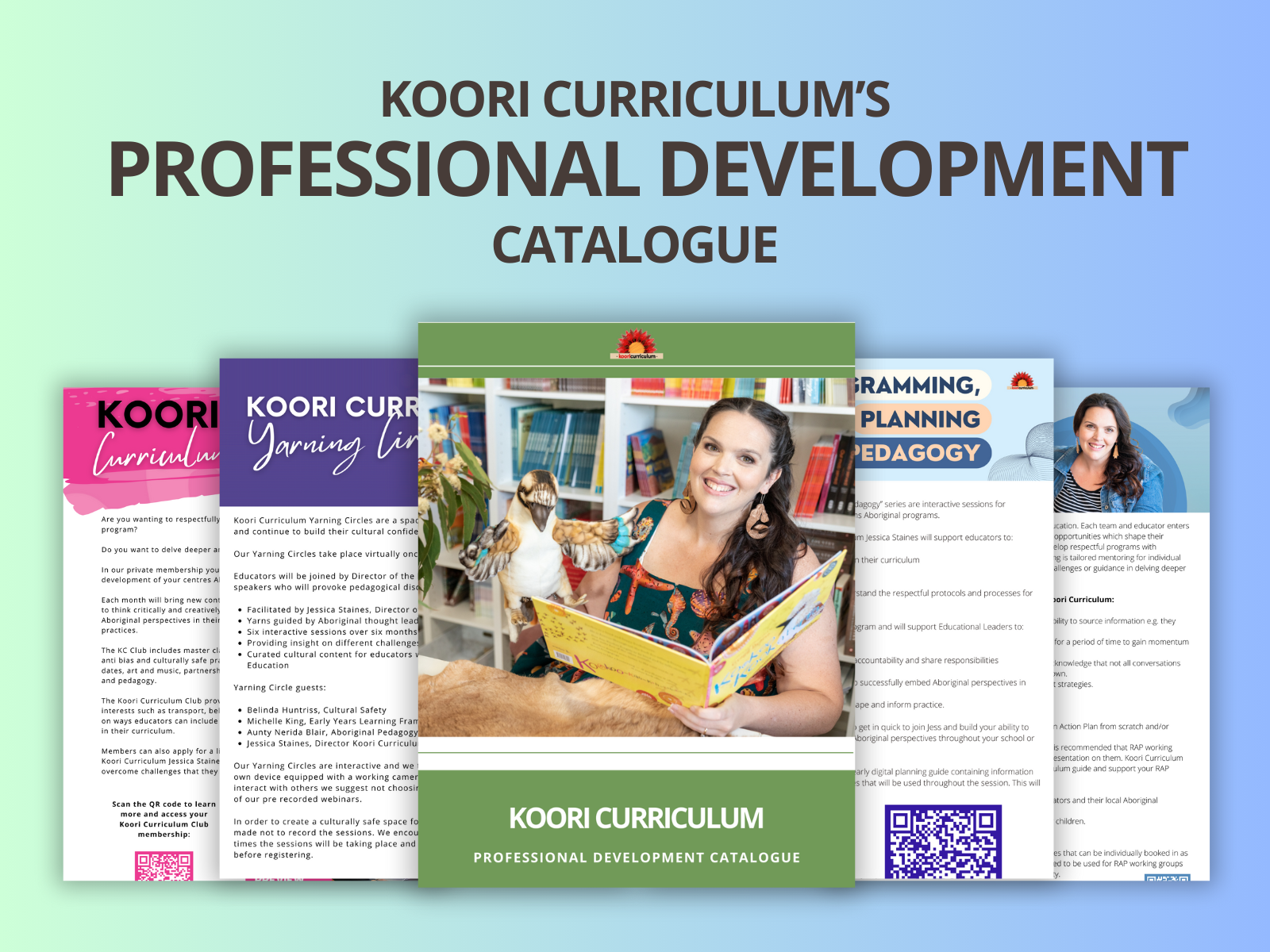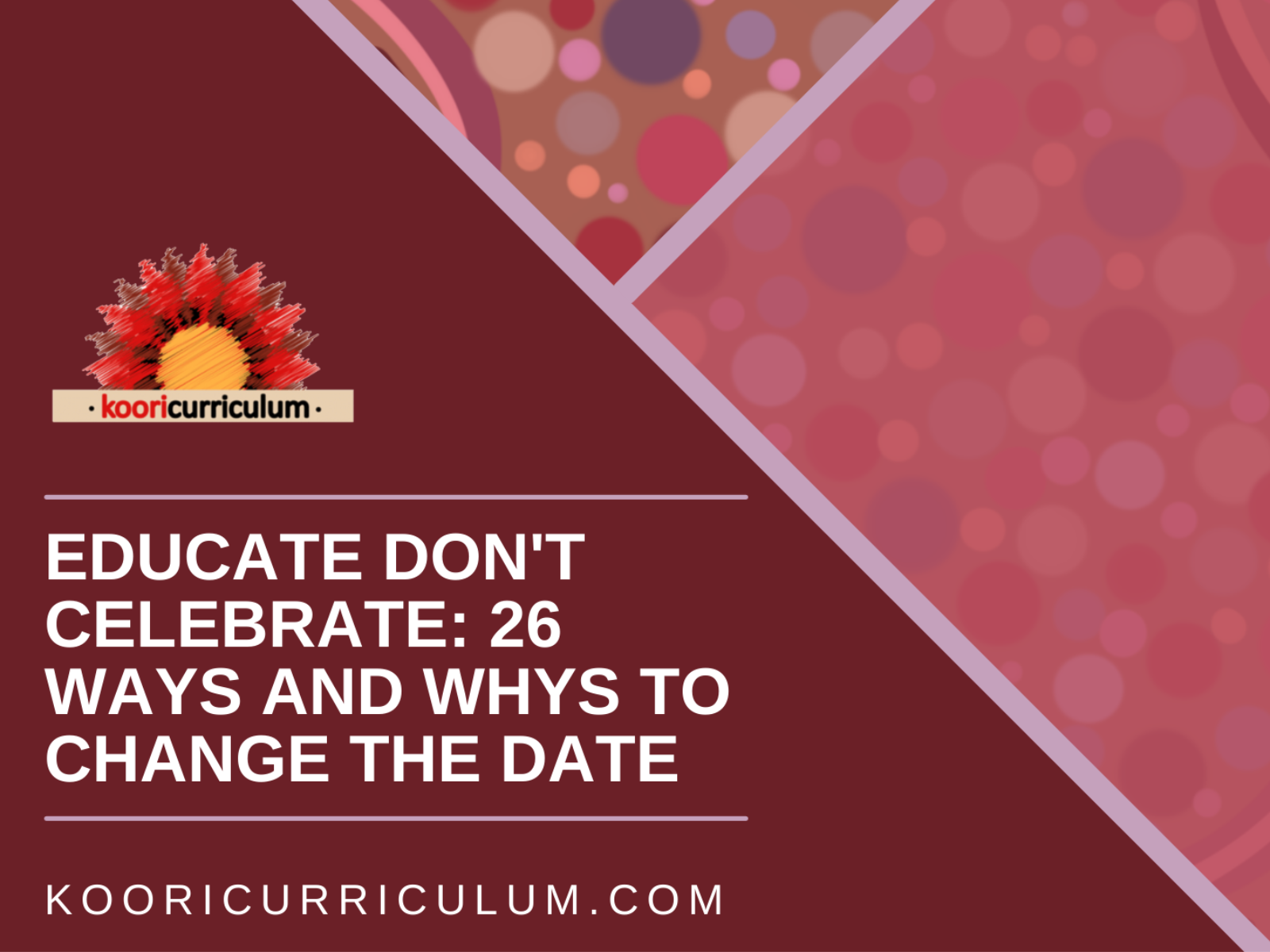
Tips for getting started for Leaders by Sandra Dos Reis
My name is Sandra Dos Reis and I am the Centre Director of an Inner West Council Service located on Gadigal Land in Sydney's Inner West.
My journey into Early Childhood commenced in 2009. I am currently at the same service I started my journey and have been directing here since early 2020.
Over my years working in the early learning sector, I believe our service and organisation have always demonstrated the importance of embedding Aboriginal and Torres Strait Islander perspectives. However, taking on the role as Centre Director I felt it was crucial to lead the way forward by further strengthening our commitment to reconciliation. I wanted to support the team to build the knowledge, skills and confidence in embedding Aboriginal and Torres Strait Islander perspectives across our curriculum.
I found myself unsure of where to start and collaborated with other Inner West Council Centre Directors where I gained amazing insights and guidance on how to get started, however keeping in mind this was our journey and that it would look different from the journey of other services.
Today I would like to share tips and ideas with you on how leaders can get started in building a commitment to reconciliation within their services.
Finding your Why: Aboriginal and Torres Strait Islander Perspectives in an early childhood educational program
Firstly, I believe as leaders it is crucial to understand your why; that is, why you believe Aboriginal and Torres Strait Islands perspectives should be embedded.
I would recommend reflecting with your team on their thoughts on why and how this currently looks within the service. From there, you can ask educators to consider how they would like it to look going forward.
At Deborah Little Early Learning service, it was evident we believed that it was important to include Aboriginal and Torres Strait Islander Perspectives within an early childhood service. This is everybody's business.
We discussed barriers and challenges and found that the right intentions were there, however, we needed support on going forward with our journey.
Having this reflection allowed us to explore what the needs of our team were for our journey and provided us with aspirations on where we would like to go next.
How Centre Directors can support this journey within their early learning service
Firstly, develop a Reconciliation Action Plan (RAP) working group and schedule a meeting to come together to discuss what a RAP is, why it is important and together brainstorm some goals you would like to work towards over the next year. A RAP is a living document and should be discussed and reflected on regularly. Our service implemented Narragunnawali's RAP template which guided us on some actions to implement and work towards. We found this to be extremely helpful in guiding our journey. This has been consolidated by incorporating RAP as an agenda item at every staff meeting to ensure all educators are involved.
Make it a priority to build connections by finding out what organisations and who is within your local community and make the time to go to events, network and build authentic connections. Remember that relationships take time and authentic relationships should be two-way.
Research available networks and grants to support your service’s ability to access support. This can help you with funds for professional development, working with local elders and assist you to implement of Aboriginal and Torres Strait Islander Perspectives within your educational program.
Be open to unlearning and relearning. As a leader I find myself learning more and more about the truths of Aboriginal and Torres Strait Islander histories which helps to further strengthen mywhyand our journey within our service.
Start small and build from there- When starting out remember relationships take time and that as a leader it is crucial to set realistic goals and expectations within your service to avoid being overwhelmed and to achieve ongoing success.
I would like to conclude with a reminder that no journey will look the same and every service will have their unique goals, relationships and connections. By prioritising Aboriginal and Torres Strait Islands perspectives, your journey will be rewarding, unique, authentic and special. Celebrate every achievement no matter how big or small because every achievement is a step in the right direction in demonstrating your service’s commitment to reconciliation.



